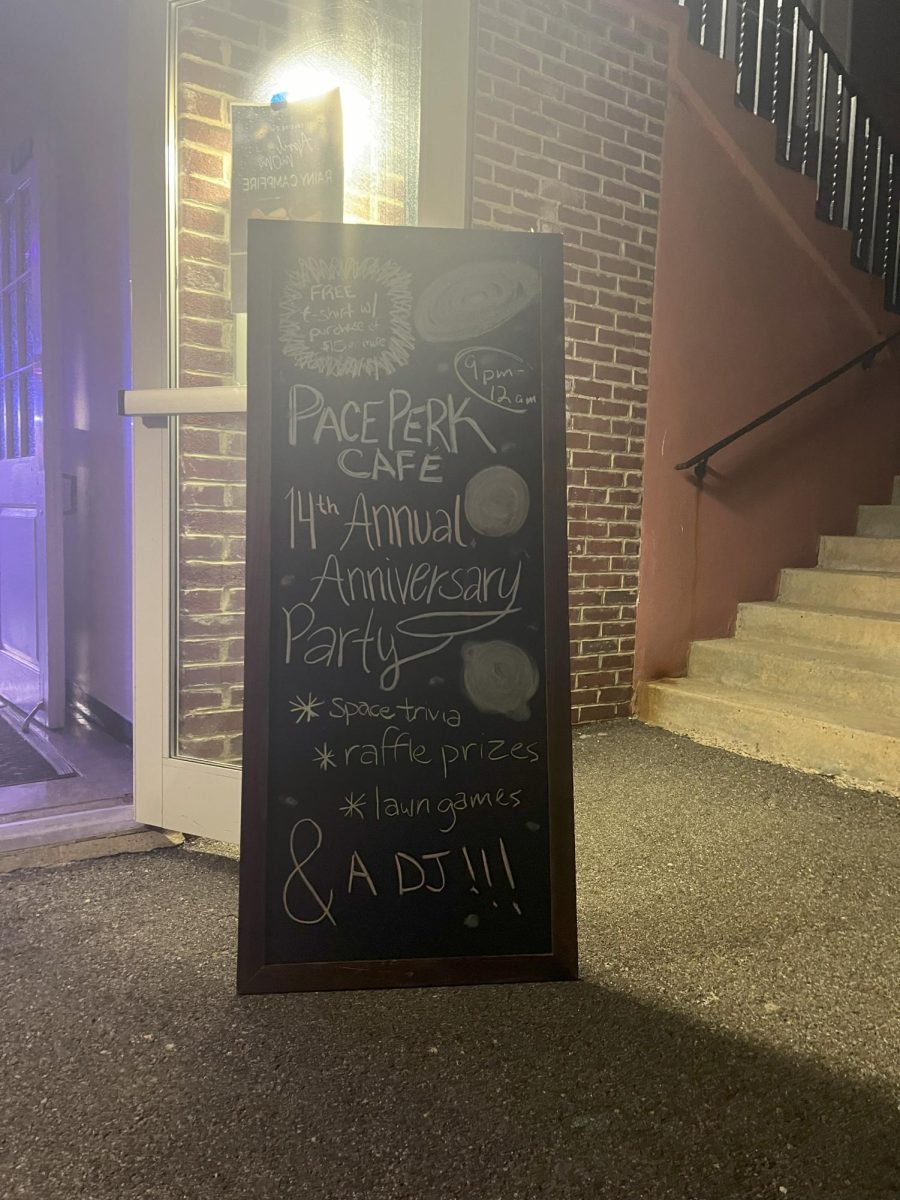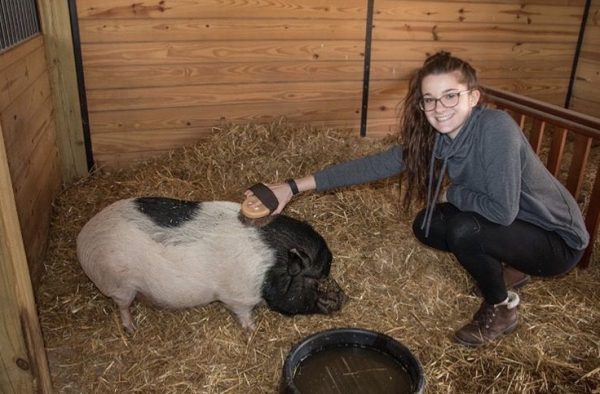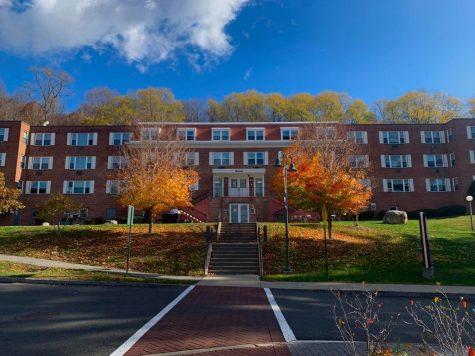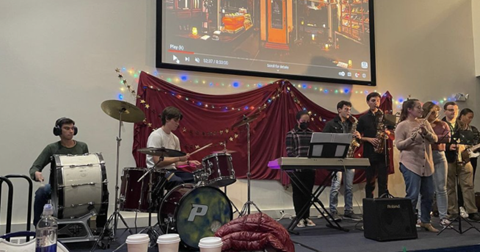Mirjana Pantic: New MCVA Professor and Inspirational Journalist
September 16, 2017
When someone mispronounces Professor Mirjana Pantic’s name, she is hesitant to make a correction because she understands that people from different cultures may pronounce her name differently.
She hesitates to say that the end of her name has a ‘ch’ sound rather than just a ‘c’ sound.
When having a conversation with Pantic, a new MCVA professor here at Pace, you would notice that she oozes the persona of a worldly woman.
Pantic is an award-winning journalist with an extensive background of reporting in Serbia during very extreme and life-threatening situations. She worked as a journalist and as editor-in-chief in Serbia for various news organizations, both traditional and digital. She’s won five different awards, one of which was given to her for investigative reporting granted by the U.S. Embassy in Serbia.
Her award-winning investigative story was on uncovering war crimes in former Yugoslavia with her reporting team. Although this project won her an award, the organization that published the story faced a lawsuit because of that project.
“In order to be a great investigative journalist, you really need to be passionate about the truth,” Pantic said. “You need to learn what is behind the story.”
She would often report live from protests and have to stay outdoors during harsh winters. Sometimes, she would even get harassed by the police for doing her job.
“You have to be prepared to stand for six to seven hours during the winter when covering protests,” she said.
Pantic was barely ten years old when the civil war started in former Yugoslavia, causing her to treat these extreme and life-threatening situations as the norm.
“I didn’t start living an ordinary life until I moved to the States,” said Pantic.
Pantic moved to the states in 2014 and completed her doctoral in Communications at the University of Tennessee in order to further her career. She believes that there are more opportunities in the States and more freedom of press.
“My job is to point at the problems in my country and to show ways to solve those problems,” said Pantic. “I was not able to perform my job because of the boundaries I was facing.”
Although she was committed to journalism, she felt that she was being held back by the Serbian government, censorship, and economic instability.
Pantic believes that coming to New York and working at Pace University is one of the best decisions she has made for her career because of how passionate the students are and the diversity that exists on campus.
“Pace is very innovative and encourages students to develop their communication skills. It also helps provide students with theoretical knowledge which is just as important.”















Sasa Pantic • Oct 28, 2017 at 5:43 pm
Bravo,bravo,bravooooooo!!!!!
Saša • Sep 28, 2017 at 7:54 am
Bravo,bravo,bravo!!!!